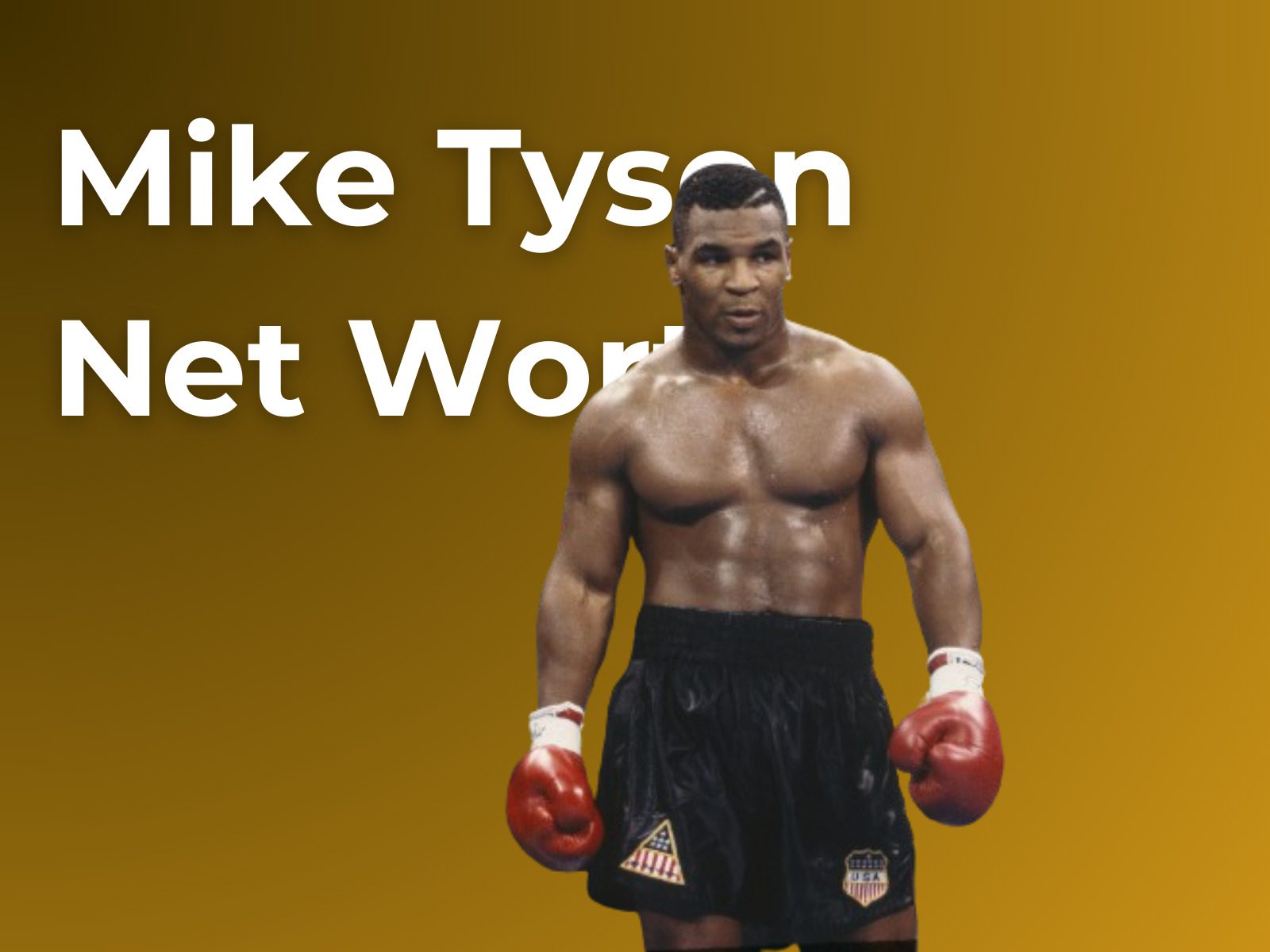Mike Terrana Net Worth: What Shapes A Musician's Financial Picture?
Have you ever wondered about the financial standing of someone who dedicates their life to music, especially a professional drummer? It is a common curiosity, really, to ponder how artists earn their living and what contributes to their overall wealth. People often look at public figures, like Mike Terrana, and ask themselves about the money side of their careers. This kind of interest, you know, comes from a natural desire to understand the mechanics behind success in creative fields.
Figuring out someone's exact financial worth, particularly for a person in the public eye, can be quite a complex task. There are many elements that play into it, some visible and others kept private. For a musician, earnings come from a variety of sources, and these can change a lot over time. It is not just about album sales or concert tickets, as a matter of fact; there are many other avenues.
So, when we talk about Mike Terrana net worth, we are really exploring the general ways a seasoned musician builds their financial foundation. We will look at the typical income streams and the various things that can affect how much a drummer, or any artist, might accumulate over a career. This discussion aims to shed some light on the broader picture of earnings in the music business, rather than giving a precise number, which is often hard to pinpoint anyway.
- Jamie Foxx Nude The Truth Behind The Clickbait Sensations,html
- Jessenia Rebecca Leak The Untold Story Behind The Viral Sensation,html
- Emily Abraham Net Worth,html
- Does Kate Have An Ostomy,html
- Heather Graham In Boogie Nights Nude Scene A Deep Dive,html
Table of Contents
- Understanding a Musician's Financial Standing
- What Shapes a Drummer's Earnings?
- Concert Tours and Live Shows
- Album Sales and Streaming Revenue
- Endorsements and Sponsorships
- Teaching and Session Work
- Other Income Streams for Artists
- Factors Influencing Financial Worth
- Estimating a Public Figure's Wealth
- Common Questions About Musician Finances
- Looking at the Future of Artist Earnings
Understanding a Musician's Financial Standing
When people think about the financial situation of a professional musician, they often picture sold-out arenas or chart-topping hits. However, the reality is often much more layered. A musician's financial standing, or net worth, is a measure of what they own minus what they owe. This includes various assets, like property, investments, and even their musical instruments or equipment, as a matter of fact. It is a bit like looking at a personal balance sheet, if you will.
For someone like Mike Terrana, who has spent a considerable amount of time performing and creating music, his financial picture would likely reflect years of work. This includes earnings from many different activities, which combine to form his overall wealth. It is not just a single paycheck; it is a collection of income streams that build up over a long period. This is that general approach to understanding anyone's finances, really.
What Shapes a Drummer's Earnings?
A drummer's earnings are shaped by several factors, and these are pretty consistent across the music business. The kind of music they play, the popularity of the bands they work with, and their own reputation all play a part. A drummer who plays in a very well-known group, for instance, might have different earning opportunities than someone who mostly does session work. It is a spectrum, you know, of possibilities.
- Ariel Kytsya Leak The Story Behind The Viral Sensation,html
- May Seeds Leak A Comprehensive Guide To Understanding And Addressing The Issue,html
- Neon Net Worth N3on,html
- Paige Spiranac Nudes Separating Facts From Fiction,html
- Crazyjamjam Onlyfans Leak The Untold Story Behind The Viral Sensation,html
The longevity of a career also matters a great deal. Someone who has been active for many years, performing and recording, has more opportunities to build up their resources. This experience can also lead to more diverse income sources, which we will explore in a bit. So, it is not just about how much they earn in one year, but how consistently they earn over their entire professional life, which is that long view.
Concert Tours and Live Shows
For many musicians, performing live is a primary source of income. Concert tours, club gigs, and festival appearances bring in money from ticket sales and performance fees. A drummer's share of these earnings can vary depending on their role in the band, whether they are a full member, a hired hand, or a solo artist. For a touring musician, these live performances are the backbone of their income, arguably.
The scale of the tour, too, impacts the potential earnings. Playing in smaller venues naturally brings in less than performing in large stadiums. Travel costs, equipment upkeep, and crew salaries also come out of the tour revenue, so the net profit can be different from the gross earnings. It is a business, you know, with many expenses.
Album Sales and Streaming Revenue
In the past, album sales were a huge part of a musician's income. Today, with the rise of digital platforms, streaming revenue plays a significant role, though it works a bit differently. When music is streamed, artists receive a small payment per listen, which can add up over millions of plays. This is a very different model from selling physical CDs, as a matter of fact.
Royalties from songwriting or composition also contribute, if the drummer is involved in creating the music. These payments come from various sources, including radio play, television use, and public performances of the recorded works. It is a complex system, honestly, but it helps ensure artists get paid for their creations.
Endorsements and Sponsorships
Many professional drummers secure endorsement deals with instrument manufacturers. This means they get paid to use and promote specific brands of drums, cymbals, sticks, or other gear. These deals can range from getting free equipment to receiving substantial cash payments, depending on the drummer's influence and visibility. It is a pretty common way for artists to supplement their income, you know.
Sponsorships can extend beyond just gear, sometimes including clothing brands, energy drinks, or even lifestyle products. These partnerships are often based on the artist's reach and their ability to connect with a target audience. A well-known drummer, for instance, has more appeal to companies looking to promote their goods. This is that commercial side of the music business.
Teaching and Session Work
Beyond performing with bands, many drummers earn money through teaching or doing session work. Teaching private lessons, conducting workshops, or offering online courses allows them to share their skills and experience. This provides a steady income stream, especially during periods when touring might be slow. It is a practical way to use their talents, basically.
Session work involves playing drums for other artists' recordings, commercials, or film scores. These gigs are often paid on a per-project or per-day basis. A versatile and reliable session drummer can build a strong reputation and find consistent work, contributing significantly to their overall earnings. This is a behind-the-scenes way of making money, in a way.
Other Income Streams for Artists
Artists today have more ways than ever to generate income. Merchandise sales, like t-shirts, hats, and other branded items, are a big one at concerts and online. Fan club memberships or exclusive content subscriptions can also provide a direct income source from dedicated followers. These are fairly new ways of earning, compared to traditional methods, you know.
Some musicians might also invest in businesses outside of music, or they might earn from royalties on books, instructional videos, or even their own music publishing ventures. Diversifying income sources is a smart move for anyone, and musicians are no different. It helps create a more stable financial picture, honestly.
Factors Influencing Financial Worth
Several factors can influence a musician's overall financial worth, and these are often interconnected. The level of their fame and recognition, naturally, plays a big part. More famous artists tend to have higher earning potential from all sources. Their ability to connect with a large audience is a major asset, you know.
Business acumen, or how well they manage their finances and career, also matters a lot. Making smart investments, controlling expenses, and negotiating good deals can significantly impact their net worth over time. It is not just about how much money comes in, but how it is managed. This is that practical side of things.
The economic climate, too, can have an effect. During challenging times, concert attendance might drop, or record sales could slow down. Legal issues, personal expenses, and lifestyle choices also factor into the equation. It is a very personal picture, in a way, that goes beyond just career earnings.
Estimating a Public Figure's Wealth
Estimating the wealth of a public figure like Mike Terrana is something that can be quite challenging for the public. Most of their financial details are private, so any published figures are often estimates based on publicly available information, such as reported tour earnings, album sales data, and endorsement deals. These estimates are usually just that, estimates, and not exact numbers, you know.
They do not always account for personal investments, debts, or private business ventures. For example, a musician might own property, stocks, or have other assets that are not publicly disclosed. Therefore, while estimates can give a general idea, they rarely paint a complete picture. It is a pretty tricky thing to figure out, honestly, without direct access to financial records.
Common Questions About Musician Finances
People often ask similar questions when it comes to a musician's finances. Here are a few common ones:
How do musicians get paid for streaming their music?
Musicians earn money from streaming services through royalties. These royalties are collected by their record labels, distributors, and publishing companies, then paid out to the artists. The amount per stream is quite small, but it can add up if a song is streamed millions of times. It is a very different system from buying a physical album, as a matter of fact.
What is the biggest source of income for touring artists today?
For many touring artists, live performances and concert tours remain a primary income source. Ticket sales, merchandise sold at shows, and performance fees contribute significantly. While streaming is important for reach, the direct income from live shows is often much larger for established artists. This is that direct connection with fans, you know.
Do endorsement deals really pay a lot of money?
Endorsement deals can certainly provide substantial income, especially for highly visible and influential musicians. The value of a deal depends on the artist's profile, the brand's budget, and the terms of the agreement. For some, it is a key part of their overall earnings, offering a steady flow of funds in addition to music-related income. It is a pretty good arrangement for both sides, arguably.
Looking at the Future of Artist Earnings
The way artists earn money is always changing, and this is pretty clear. With new technologies and platforms emerging, the landscape of music income continues to evolve. Digital content, virtual concerts, and direct-to-fan engagement are becoming more important. Artists are finding new ways to connect with their audience and monetize their creativity, which is that ongoing shift.
For a musician like Mike Terrana, whose career spans different eras of the music business, adapting to these changes is key. The ability to embrace new platforms and engage with fans in different ways helps maintain relevance and income potential. It is a pretty dynamic environment, honestly, that keeps everyone on their toes.
Understanding the financial picture of a musician, then, means looking at a range of activities and influences. It is a blend of creative output, business savvy, and market trends. To learn more about on our site, and link to this page . You can also explore general information about the music industry's economics from organizations like the Recording Industry Association of America (RIAA) to get a broader perspective on how artists earn their living. This helps paint a more complete picture, in a way, of the challenges and opportunities musicians face today.



Detail Author:
- Name : Curt Ruecker
- Username : kiana35
- Email : hettinger.keeley@braun.com
- Birthdate : 1970-11-25
- Address : 9145 Terry Inlet New Clotilde, AL 95787-6984
- Phone : +19497208896
- Company : Zemlak, Schultz and Herzog
- Job : Photoengraving Machine Operator
- Bio : Quia esse rerum nemo expedita non. Animi quas cumque voluptatibus facere nihil porro non. Sed blanditiis sequi voluptatem repellat ut.
Socials
facebook:
- url : https://facebook.com/jasper2959
- username : jasper2959
- bio : Officiis pariatur nostrum similique sit id earum ut asperiores.
- followers : 6484
- following : 1665
twitter:
- url : https://twitter.com/muller1985
- username : muller1985
- bio : Nam aut id quaerat velit nemo qui deserunt. Aut vitae non saepe est et similique omnis. Exercitationem minima veritatis suscipit delectus consequuntur.
- followers : 1598
- following : 2884
linkedin:
- url : https://linkedin.com/in/jasper_id
- username : jasper_id
- bio : Labore et voluptatem libero qui rerum est.
- followers : 3894
- following : 2418